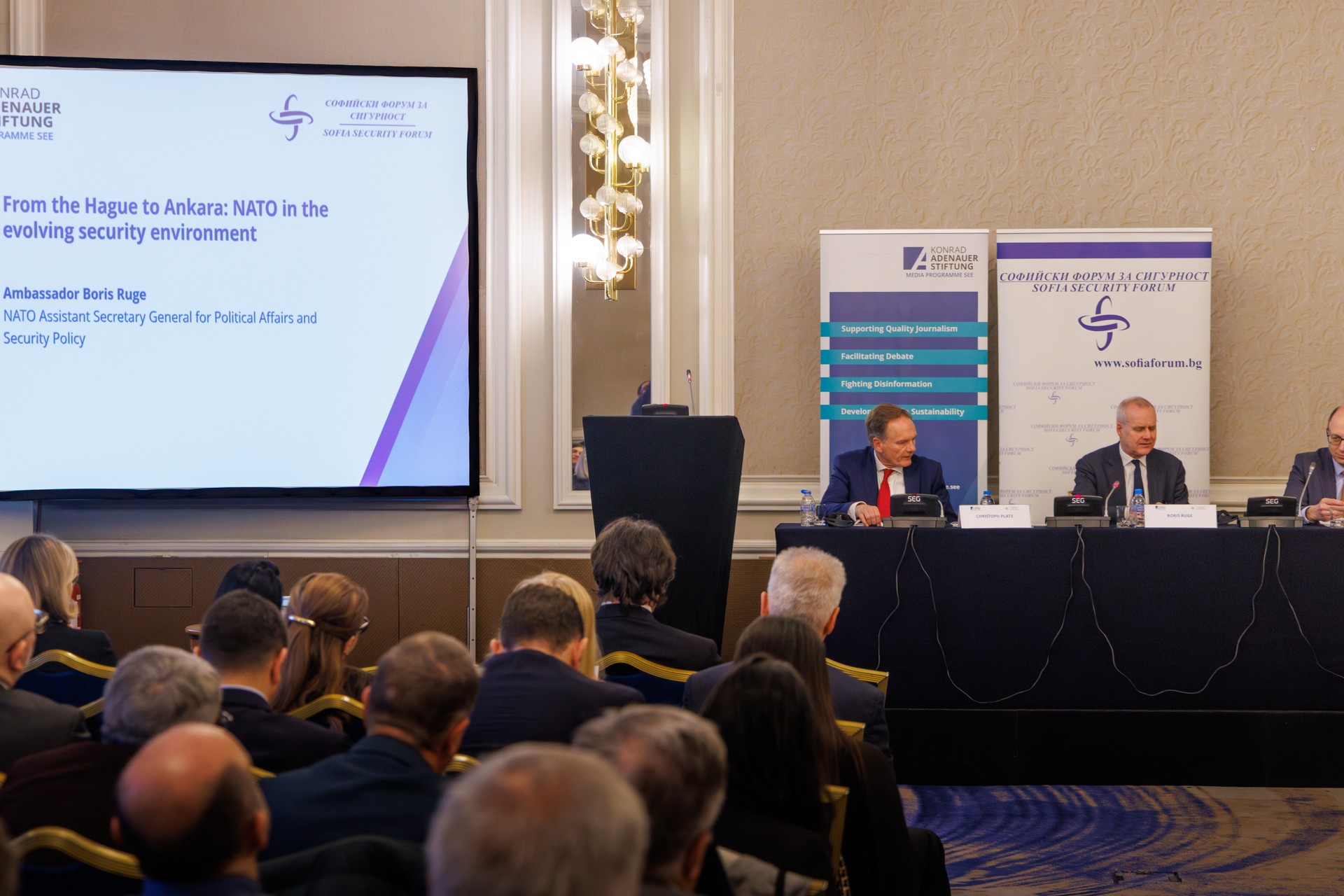
STRATEGIC COMMUNICATIONS IN SOUTH-EAST EUROPE: THE WAY AHEAD
The Sofia Security Forum and the Media Program South East Europe of the Konrad Adenauer Foundation organized on 11 of December 2025 a regional conference to exchange knowledge, identify gaps, and chart a path forward for building stronger, more coherent, and more resilient Strategic communications ecosystems in SEE. In an age of rapid digital transformation, geopolitical volatility, and intensified information warfare, strategic communications (StratCom) has become an indispensable component of national resilience, democratic governance, and regional stability. Countries of South-East Europe (SEE) face a unique combination of challenges: low public trust in institutions, fragmented media environments, disinformation campaigns, and limited inter-institutional coordination. While progress has been made driven by EU, NATO, and donor-supported initiatives strategic communications capacities remain uneven, and often reactive rather than proactive. The conference launched a long-term project aimed at strengthening the role of Strategic Communications in SEE to overcome the above problems.
Event
Global Challenges
Balkans and Black Sea
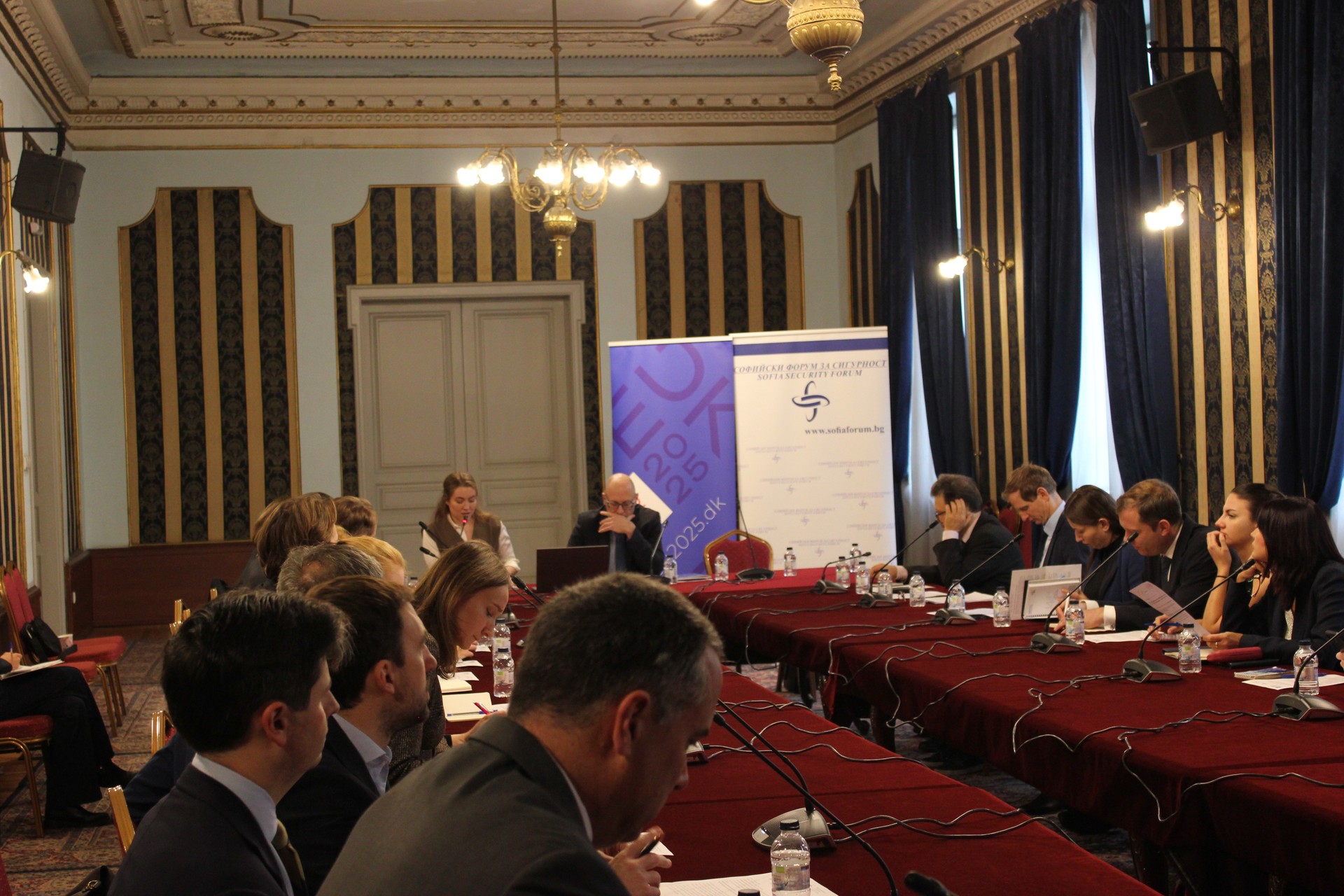
"STRENGTHENING SECURITY AND RESILIENCE IN THE BLACK SEA REGION"
The Sofia Security Forum and the Embassy of Denmark organized a meeting-discussion with the participation of representatives of the embassies of the EU and NATO member states on security in the Black Sea region. The latest analysis of the Sofia Security Forum and the Romanian New Strategy Center "STRENGTHENING SECURITY AND RESILIENCE IN THE BLACK SEA REGION: Reflections from the Sofia Workshop (19 September 2025)" was presented. Participants discussed the risks and threats in the region and ways to deal with them, as well as the role of NATO and the EU in the region.
Event
Balkans and Black Sea
European Union
NATO
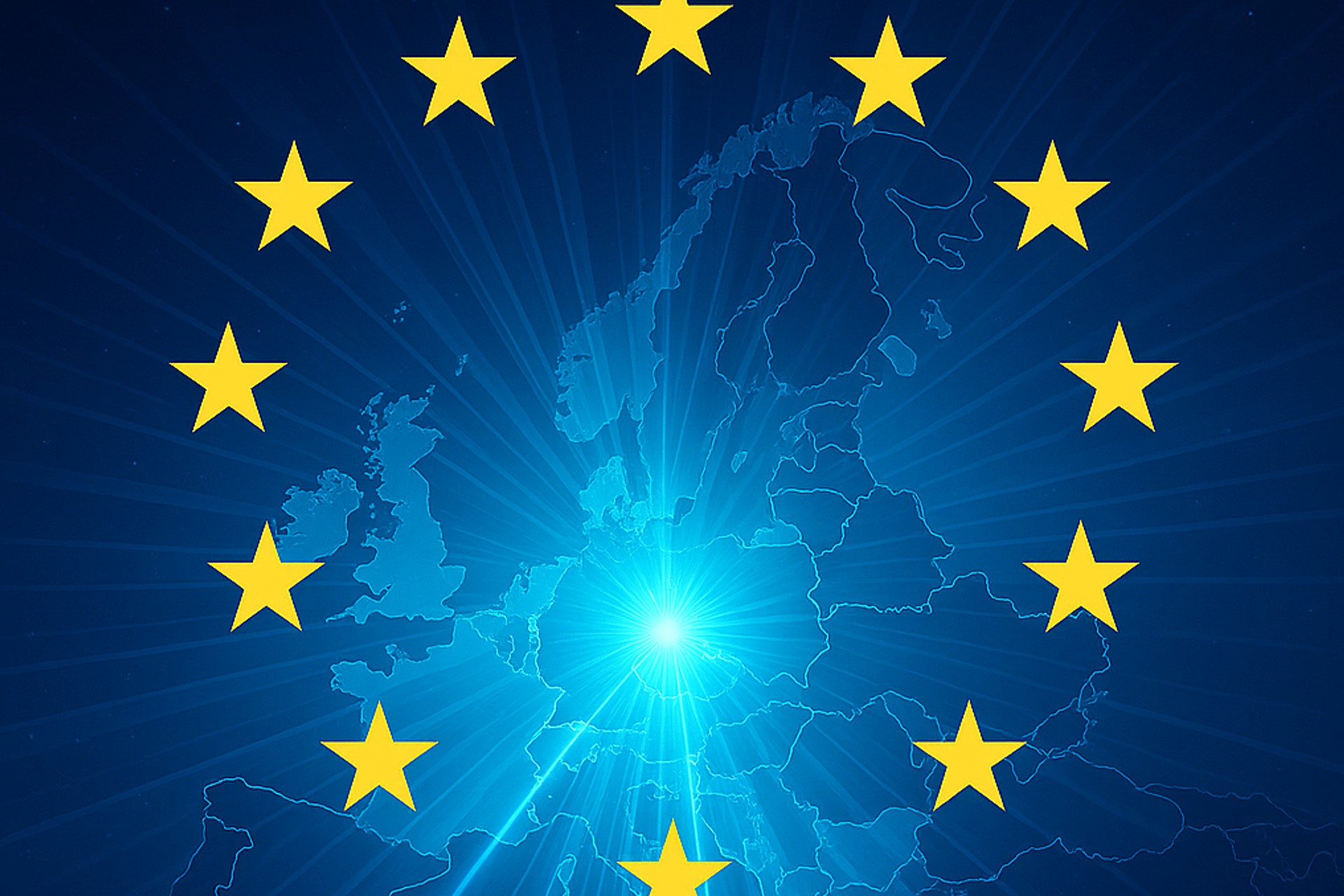
EU TECHNOLOGICAL AUTONOMY. STRATEGIES, FUNDING, AND IMPLEMENTATION
The international conference “Technological Autonomy of the EU: Strategies, Funding, and Implementation,” organized by the Sofia Security Forum and the Embassy of the Kingdom of Spain in Sofia, was held on September 24 at the Central Military Club. The forum brought together representatives of Bulgarian institutions, business, academia, and the diplomatic community. The event aimed to highlight the strategic importance of the EU’s technological autonomy and to foster cross-sector debate on the key challenges and opportunities in this field. The conference was opened by Yordan Bozhilov, President of the Sofia Security Forum; Miguel Alonso Berrio, Ambassador of Spain to Bulgaria; and Martin Danovski, Deputy Minister of Innovation and Growth. The keynote address by Prof. Velizar Shalamanov provided an in-depth perspective on maintaining NATO’s technological edge within the broader context of the EU’s pursuit of strategic autonomy. The first panel, “Strategic Visions for the EU’s Technological Development,” featured Luis Moya (INDRA, EU Defence Division) and Prof. Boyan Mednikarov, representing the Naval Academy and EnduroSat. Moderated by Dr. Monika Panayotova, university lecturer and Vice President of the Sofia Security Forum, the discussion explored innovation ecosystems, regulatory alignment, and public–private partnerships. The second panel, “From Policy to Practice: Turning Strategies into Reality,” focused on defense technological autonomy and security innovation, with contributions from Gonzalo León Serrano (Foundation for Defence and Security Technologies) and Dr. Borislav Bankov (NATO Testing Centre, GATE Institute). The panel was moderated by Yordan Bozhilov. Discussions in both sessions addressed practical issues, technical challenges, and emerging threats, while also presenting innovative and promising solutions—including the “democratization” of space through small satellites and the need to improve not only technologies but also supporting infrastructure. Speakers repeatedly emphasized that NATO’s existing mechanisms and instruments in the fields of security and defense should be adapted and leveraged by the European Union. Building entirely new, independent European structures would require considerable time—a resource the EU cannot afford in today’s dynamic and unstable international environment. This underscored the urgency of closer coordination between European and Euro-Atlantic institutions, alongside targeted investments in strategic technologies and infrastructure. The conference drew strong interest and active engagement from the audience. Participants posed insightful, analytically rich questions that enriched the exchange of ideas and turned the event into a significant contribution to the European debate on technological autonomy and strategic resilience.
Event
Cyber Security and New Technologies
European Union
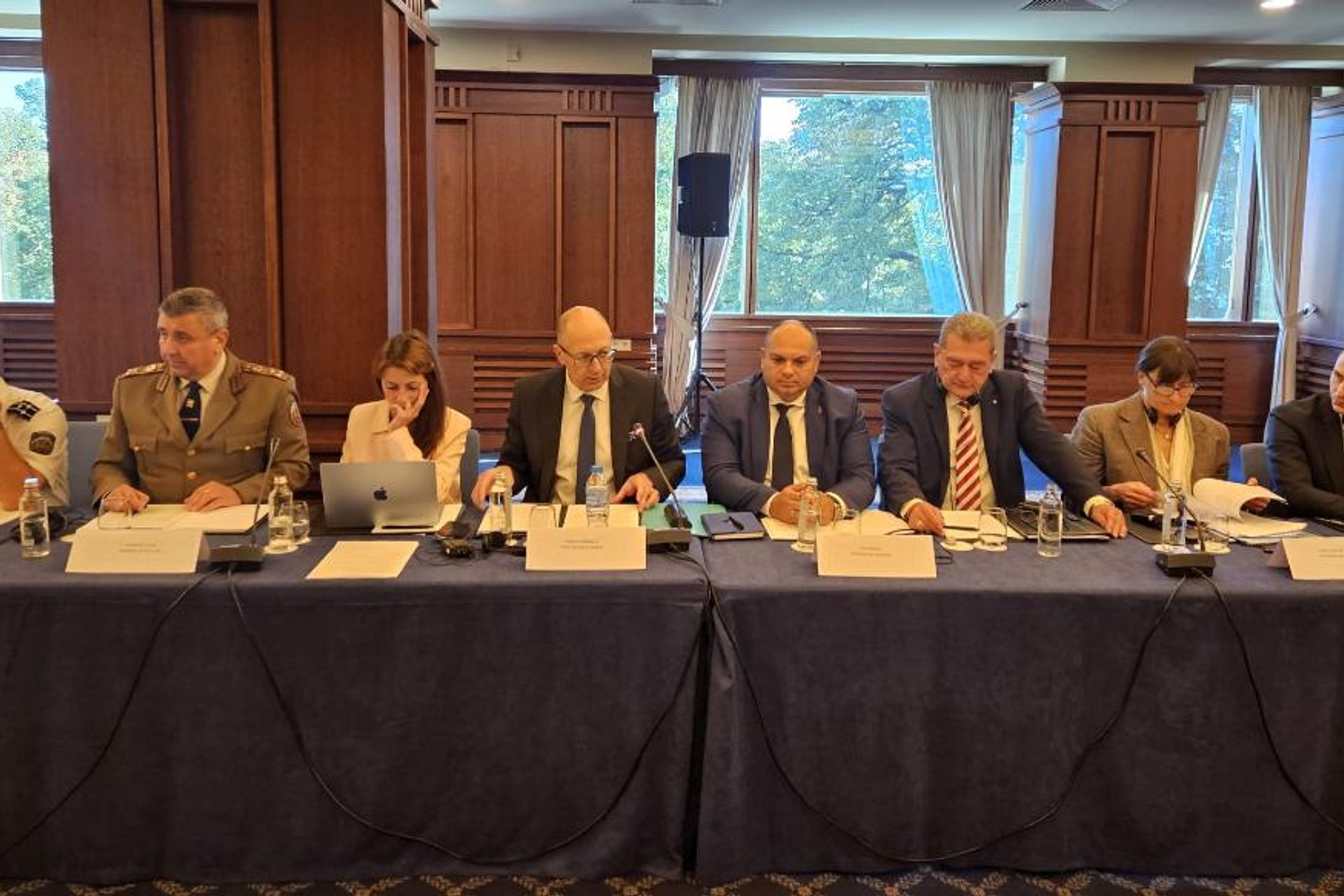
THE EU STRATEGY FOR THE BLACK SEA AND BULGARIA - ROMANIA COOPERATION FOR THE PROTECTION OF OFFSHORE INFRASTRUCTURE
On 19 September, the Sofia Security Forum (SSF) - Bulgaria, together with the New Strategy Center (NSC) - Romania, organized in Sofia a workshop dedicated to “The EU Strategy for the Black Sea 2025 and the Bulgaria-Romania cooperation for protection of the offshore infrastructure.” The event gathered Bulgarian and Romanian officials from the government and a number of ministries, security experts, and representatives of energy companies, engaged in offshore exploration and infrastructure projects. The debate highlighted that the Black Sea has become a frontline for both conventional and hybrid challenges. Participants drew attention to the growing risks to critical infrastructure of diverse nature — from drifting mines and unmanned systems, to cyberattacks, disinformation campaigns, and the disruption of navigation routes under the guise of military drills. These threats were discussed as not only a direct consequence of Russia’s war against Ukraine, but a long-term factor shaping the security in the region. The speakers noted that both the Han Asparuh block in Bulgaria and the Neptun Deep block in Romania illustrate the stakes: offshore resources can provide energy independence for the two countries, but also can create new vulnerabilities that require joint risk assessments, interoperable monitoring systems, and the ability to respond quickly to crises at sea. The need to integrate EU initiatives — including the forthcoming Maritime Security Hub — with national capabilities was highlighted as a crucial step for protecting cables, platforms, and energy corridors. From the Bulgarian perspective, the discussions emphasized that securing the Black Sea is not only a matter of regional solidarity, but a core national interest. Once exploration at the Han Asparuh block advances, Bulgaria has the potential to fully meet its domestic gas needs and to contribute to regional supply. To achieve this securely, participants pointed that its of crucial importance to improve coordination between civilian and military authorities, to enhance the port and coastal infrastructure, investing in countermeasures and technologies for surveillance. The Sofia Security Forum will continue working on the analyses of the risks and threats in the Black Sea with the aim of searching for workable solutions at national and regional level as well as within NATO and EU. We will continue organizing events, offering a platform where decision-makers and experts can develop practical solutions for resilience. Strengthening the Bulgarian-Romanian cooperation in the Black Sea is key not only for the protection of offshore energy infrastructure, but also for ensuring that the region contributes to the EU’s long-term energy security and strategic autonomy, in line with the EU Black Sea Strategy 2025 and will be in the focus of the activities of the Sofia Security Forum.
Event
Bulgarian Foreign Policy
Balkans and Black Sea
Security and Defense
European Union
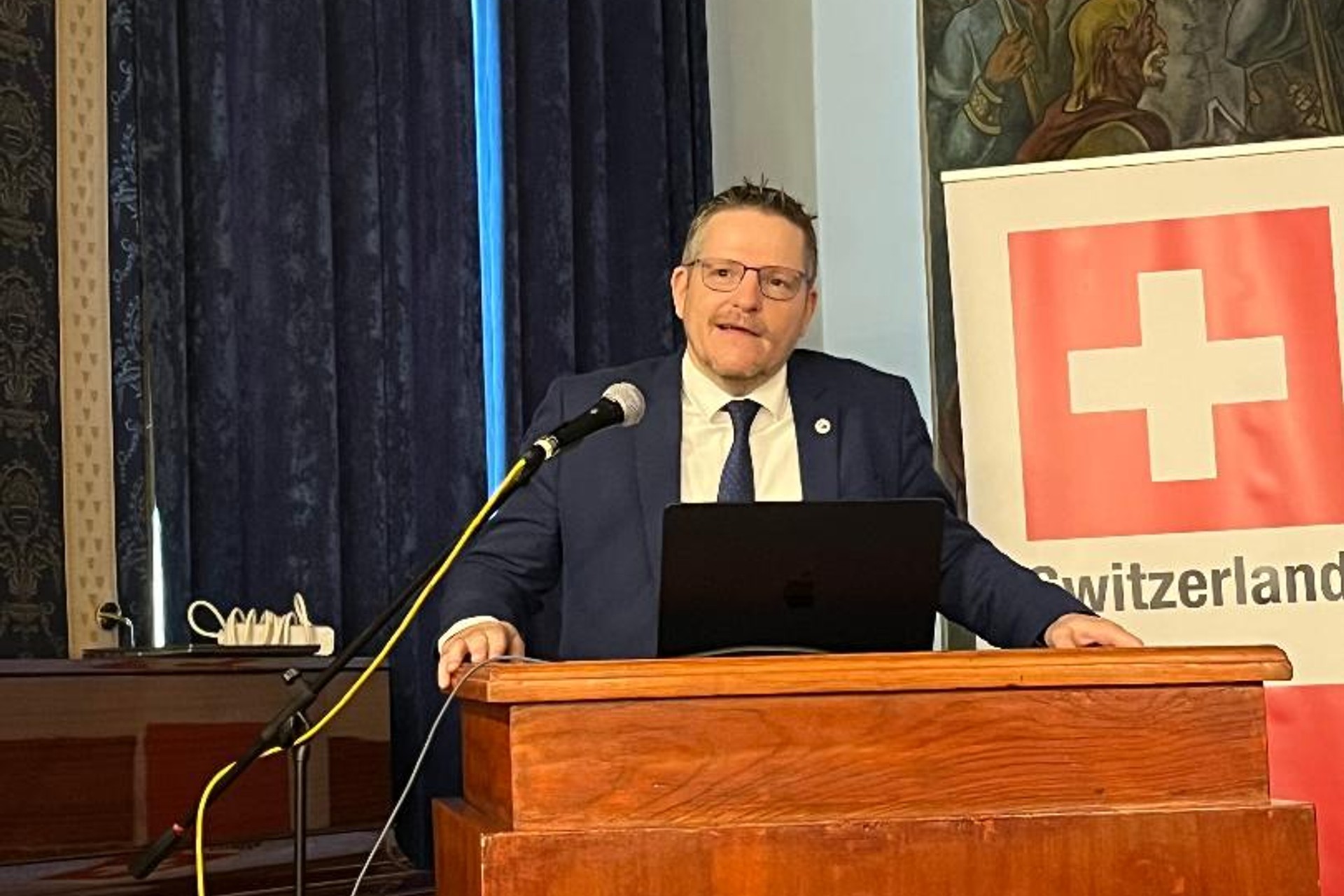
NAVIGATING THROUGH TURBULENT TIMES: THE NEW DYNAMIC IN THE GLOBAL PEACE AND SECURITY LANDSCAPE
The Geneva Centre for Security Policy (GCSP), the Embassy of Switzerland in Sofia, and the Sofia Security Forum organized an engaging discussion titled “NAVIGATING THROUGH TURBULENT TIMES: THE NEW DYNAMIC IN THE GLOBAL PEACE AND SECURITY LANDSCAPE.” The event took place on 6 June 2025 at the Central Military Club in Sofia and marked the 30th anniversary of the GCSP. The GCSP is an international foundation dedicated to advancing global cooperation, security, and peace. It stands as a leading platform in the international security arena, bringing together diverse actors through inclusive dialogue, executive education, and the exchange of ideas. Our guest speaker, Dr. Jean-Marc Rickli, Head of Global and Emerging Risks and Founder and Director of the Polymath Initiative at GCSP, presented an analysis of global trends and connected scientific developments to their impact on security, defence, international affairs, our societies, and individuals. A comprehensive approach like this is essential to understand potential risks and threats, raise awareness among decision-makers, and take necessary measures.
Event
Global Challenges
Security and Defense
Cyber Security and New Technologies
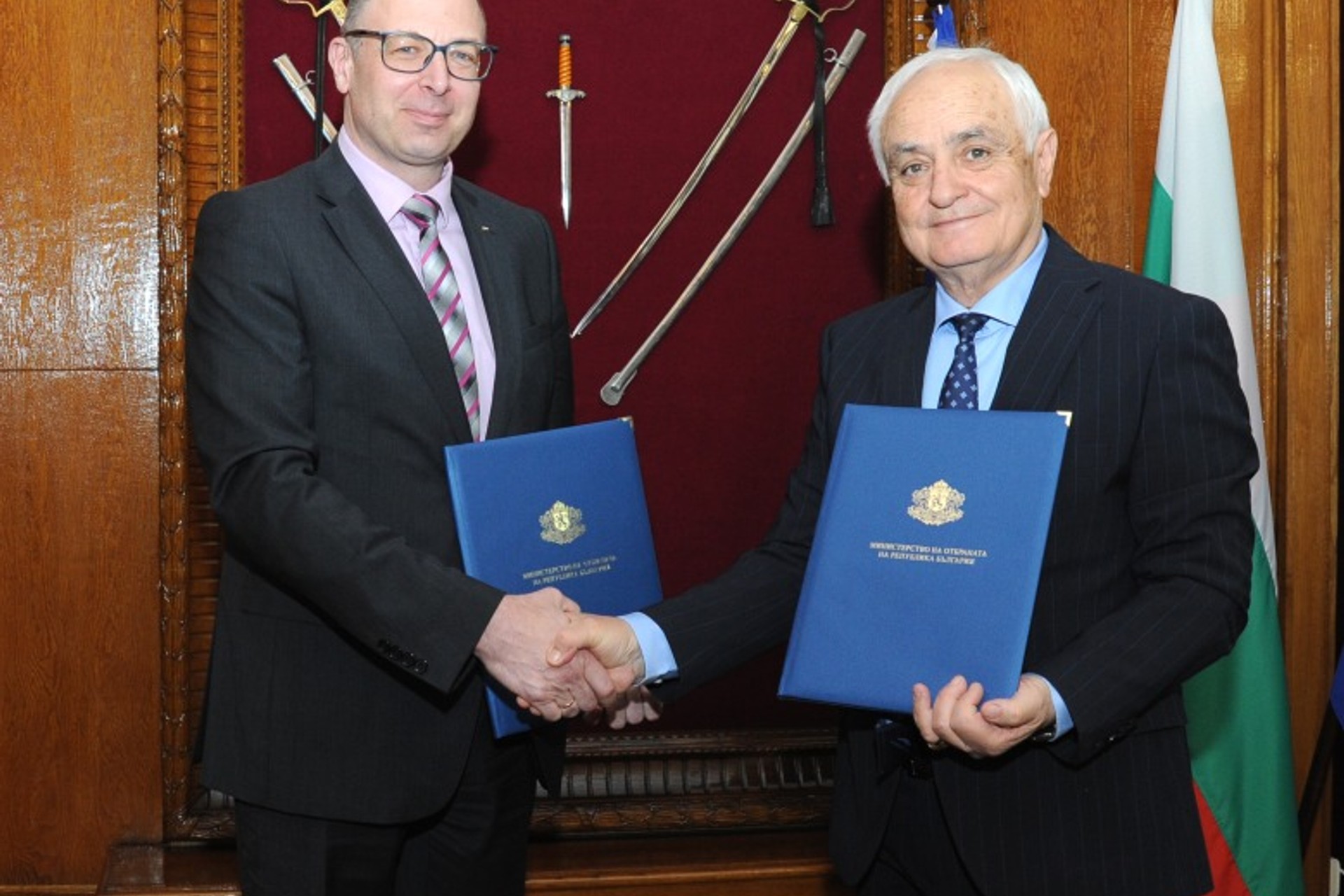
Memorandum for Cooperation between Sofia Security Forum and Bulgarian Ministry of Defense signed
The Sofia Security Forum and the Ministry of Defense signed a Memorandum of Cooperation. The two sides agreed to share good practices, expertise and analytical developments; to prepare joint projects in areas of mutual interest; to inform each other on various issues and exchange information; to analyze issues of mutual interest, including European defense, NATO, Russia's war in Ukraine, the geopolitical situation in the Black Sea region, defense capabilities, the system of international organizations, strategic communications, new technologies and their impact on security and international relations, and others.
Event
Security and Defense
